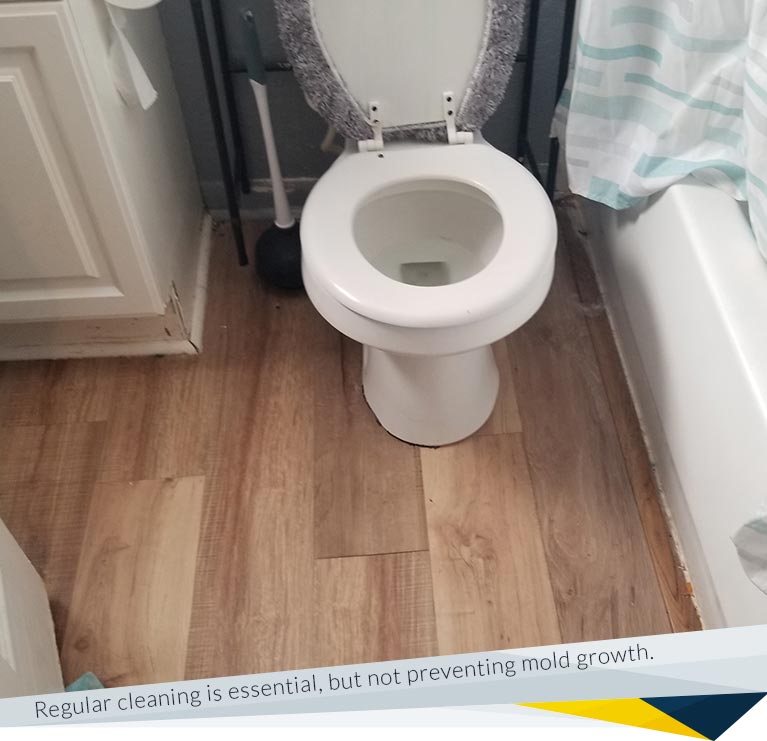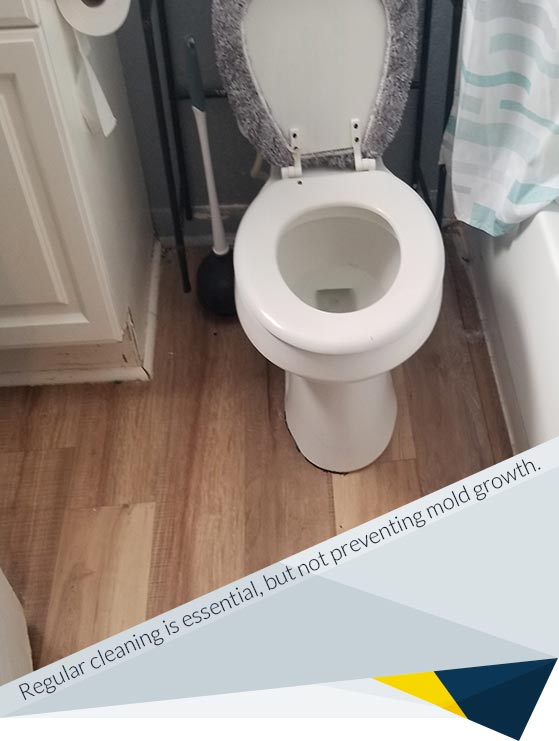
Mold: the uninvited, silent guest that tends to overstay its welcome. And boy, can it ruin a party (in this case, the party being the peaceful sanctum of your home). But can regular cleaning act as a figurative bouncer, showing mold in the exit door before it crashes your casa? Let's dive in!
Mold, my dear readers, is quite the homebody - especially in warm, damp environments. Your bathroom, kitchen, and basement? Prime real estate for these tiny, spore-producing fungi. They're the unwanted tenants who don't pay rent and leave your property a mess.
The problems with mold go beyond being an eyesore. These little squatters can cause allergic reactions and respiratory problems. If they're feeling cheeky, some varieties can even produce mycotoxins, potentially harmful to humans and our four-legged companions. Yes, they're as fun as a picnic... in a thunderstorm. So, the question we're tackling today is: can a little elbow grease keep these troublemakers at bay? Let's journey through the realm of household cleanliness to find out!

Mold reproduces using tiny spores; the spores are invisible to the naked eye and can float through outdoor and indoor air in the house. Mold may begin growing indoors when mold spores land on wet surfaces. There are many types of mold, and they will grow with water and moisture.
Mold isn't just a pesky intruder; it's also a health hazard. As mentioned earlier, mold can cause allergic reactions and respiratory problems. But that's not all. Mold can be more than just a bother! Different types of mold can produce harmful substances known as mycotoxins. These mycotoxins have been linked to severe health issues, including brain-related problems and even cancer. Hence, it is crucial to treat mold seriously and take necessary precautions. Regular cleaning is essential, but when it comes to preventing mold growth, it's not sufficient. To effectively keep mold at bay, it is important to control moisture levels, ensure good airflow, and thoroughly inspect potential hiding spots for mold. Addressing these factors can significantly reduce the risk of mold growth and its associated health risks. Mold is tiny and sneaky, so basic cleaning will only partially eliminate it.
You must act quickly if you discover or suspect mold in your house. Ignoring mold growth can result in expensive property damage and serious health hazards for you and your family. This is the point at which mold cleanup becomes crucial. Mold remediation services involves:
It's the best option for mold on porous surfaces or hidden growth. Reducing the Risk of Mold Growth in Your Home.
Our team at FDP Mold Remediation is highly trained and certified in mold abatement, ensuring that your home is thoroughly inspected and treated for any mold growth. We also use industry-leading equipment and techniques to effectively remove mold and prevent it from coming back. Take action before it becomes an emergency, especially If you live in Washington D.C., let us help you keep your house mold-free!
When you have mold treated on your property, it is a reasonable expectation that it won't come back. So, it is highly advised to seek only professional help from both a physician and a licensed mold removal expert, such as FDP mold remediation.
Mold testing involves using specialized equipment that allows the technician to know the type of mold present and its spread level. They might do air or surface sampling as the case requires. This testing would help you know the type of mold and the extent of the mold spread.
A mold inspection involves physically checking your home surroundings and hidden areas for mold.
Mold removal is the physical cleaning or removal of the mold from the surface on which it is growing. Mold remediation is all the processes involved in restoring the mold spore level in your home, eliminating mold spores from the air, and taking other measures.
Mold is a problem that any modern homeowner should be prepared to face. Several things could cause this problem, from floods to minor leakages. You might feel tempted to ignore one little spot of mold. But, when you consider the adverse effects of toxic mold on your health and environment, you know you need a solution...



